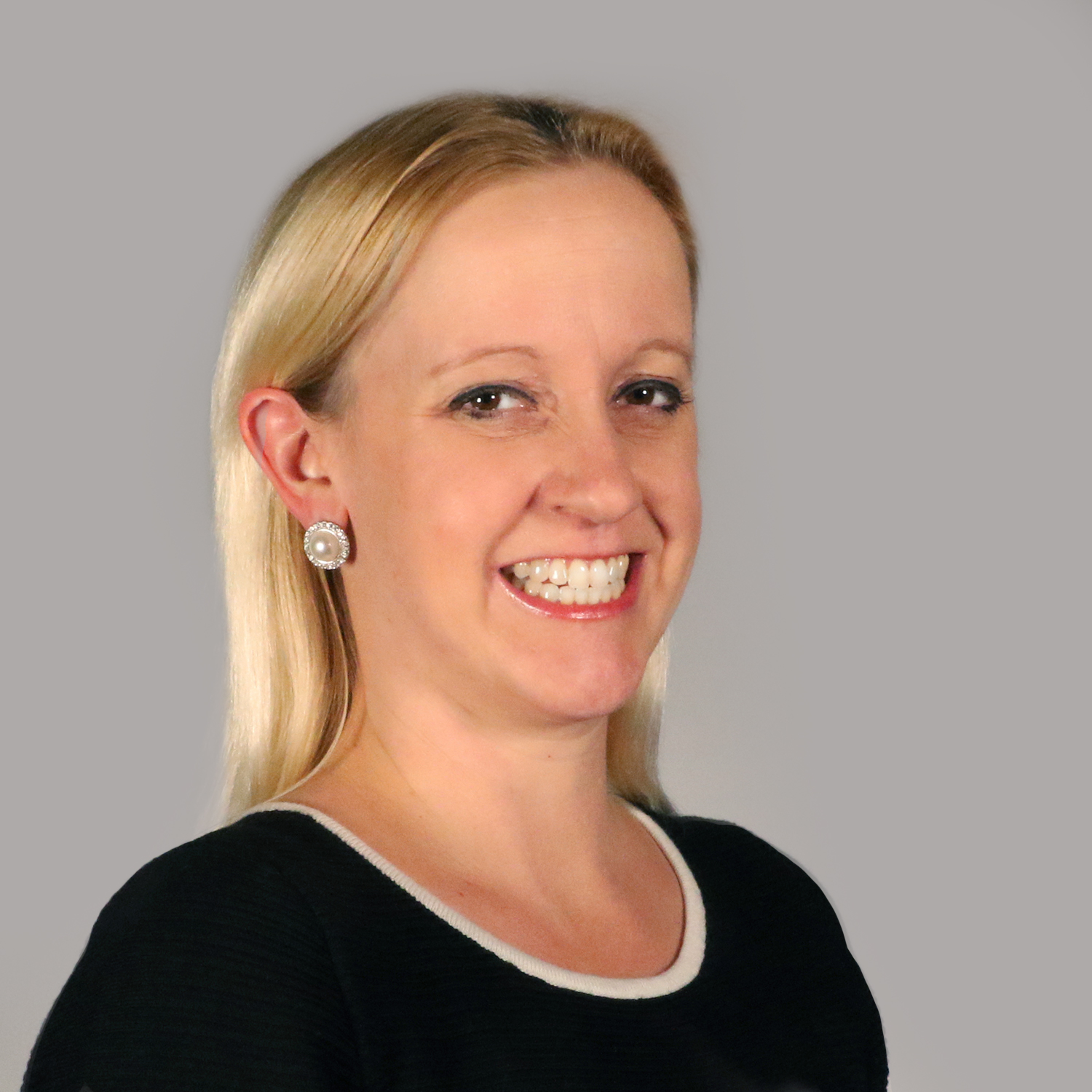EdChoice releases 2017 “Schooling in America” survey results
INDIANAPOLIS—EdChoice, a national nonprofit organization that promotes state-based educational choice programs, today released the findings of its 2017 “Schooling in America” national survey at an event in Washington, D.C. This is the sixth year EdChoice has conducted the national survey.
For the first time, EdChoice included questions about how Americans feel about the federal government and its role in K-12 education. The survey also included an oversample of rural and small town Americans and their feelings about K-12 education in their communities.
“We are encouraged by continued support for educational options, including vouchers, tax-credit scholarships and charter schools. We are particularly pleased to see high levels of support for education savings accounts or ESAs,” said EdChoice President and CEO Robert Enlow.
“But it’s clear, as it has been in years past, that there remains a disconnect between policymakers who are debating these issue in state capitols and in Washington and those who most need schooling options. Far too few people know their options—or how much we’re currently spending on the traditional K-12 system. And far too many parents are unable to access the schooling type they’d prefer if resources were not an issue.”
Click here to read the key findings and view a slideshare of the results.
Highlights from this year’s survey:
- American families aren’t accessing the schooling types they prefer. More than eight out of 10 American students attend public district schools, but in our interviews, only about three out of 10 parents said they would choose a district school as a first preference.
- Support for education savings accounts is strong. When given a description of education savings accounts (ESAs), a flexible type of educational choice program, seven out of 10 Americans said they were in favor of ESAs. Support remains high for other forms of school choice, with vouchers, tax-credit scholarships and charter schools all garnering favorability over 60 percent.
- Current public school parents are generally satisfied but have specific concerns about the traditional K-12 system. Most current school parents rate their districts well, but at least one-third have major issues with their responsiveness, communication and supports outside the classroom.
- Americans do not trust the federal government—generally or when it comes to K-12 education.Based on our survey, only 10 percent of Americans say they can trust the federal government to do what is right “always or most of the time.” When asked about specific activities that the federal government can pursue, a majority of respondents indicated a major federal role would be appropriate along the lines of funding access to a quality education for military families (72 percent), funding access to a quality education for students with disabilities (68 percent), protecting students’ civil rights (66 percent), funding access to a quality education for all students (64 percent) and funding access to a quality education for low-income students (61 percent).
- Rural and small town Americans have more negative views about the federal government. Rural and small town Americans have a higher level of distrust in the federal government than their urban counterparts (38 percent v. 50 percent). Only 41 percent of rural and small town Americans said the federal government should play a major role in K-12 education, which is lower than the 52 percent of urbanites who said the same thing.
ABOUT EDCHOICE
EdChoice is a nonprofit, nonpartisan organization dedicated to advancing full and unencumbered educational choice as the best pathway to successful lives and a stronger society. EdChoice believes that families, not bureaucrats, are best equipped to make K-12 schooling decisions for their children. The organization works at the state level to educate diverse audiences, train advocates and engage policymakers on the benefits of high-quality school choice programs. EdChoice is the intellectual legacy of Milton and Rose D. Friedman, who founded the organization in 1996.




